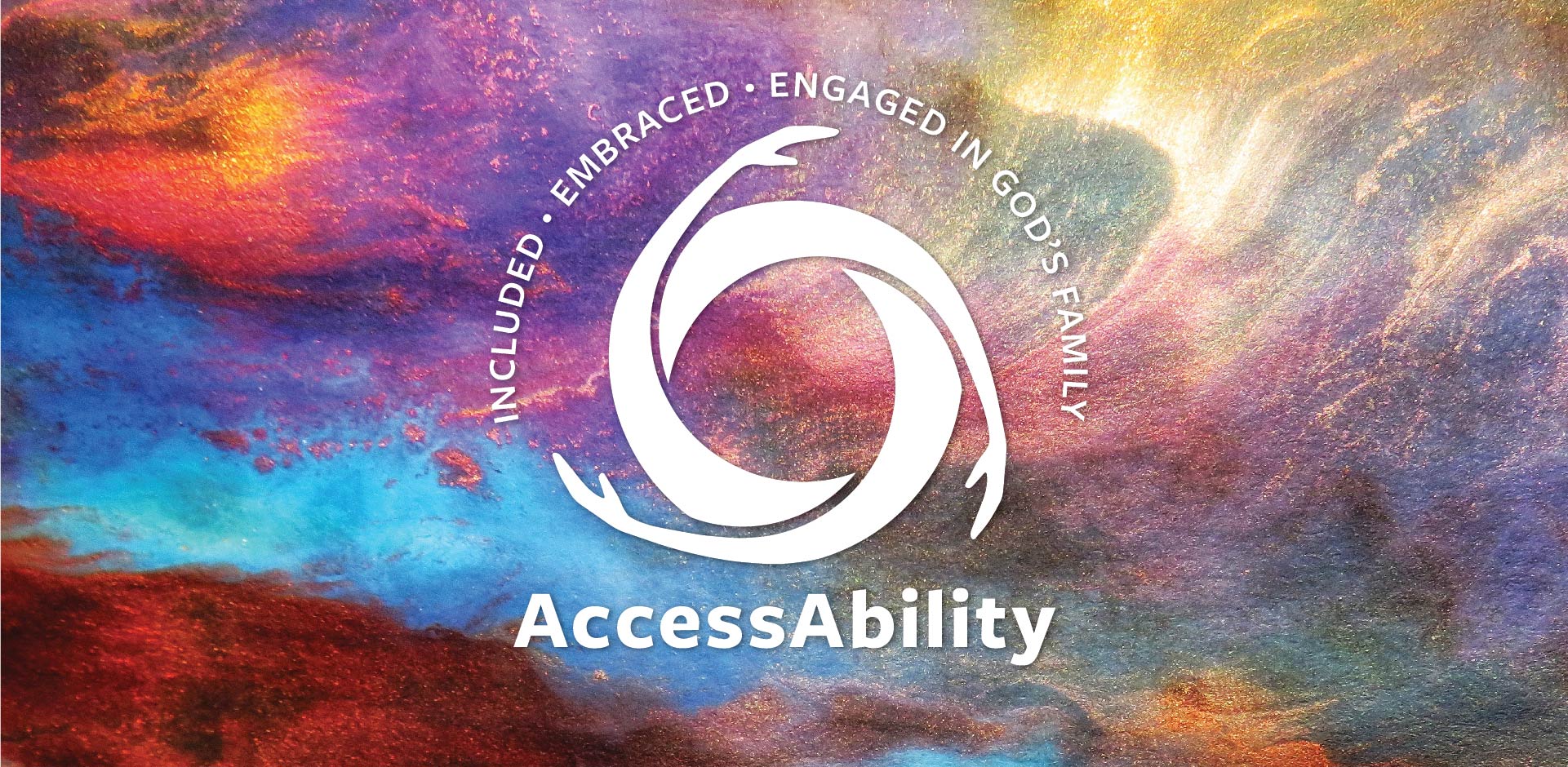
Ministry Support Guide
Why This Guide?
The AccessAbility Team welcomes all families seeking to worship God and be part of the body of Christ in the Highrock Church community. As a team, we offer hospitality by considering individuals with disabilities and their families in the context of our services, ministries, and events. This awareness will help us grow to be a more inclusive, welcoming faith community.
The AccessAbility Ministry Support Guide is designed to help equip our Welcome Team and other ministries to better support people with disabilities and their families in all facets of ministry within the church so that we can extend the compassion of Christ to all on their faith journey.